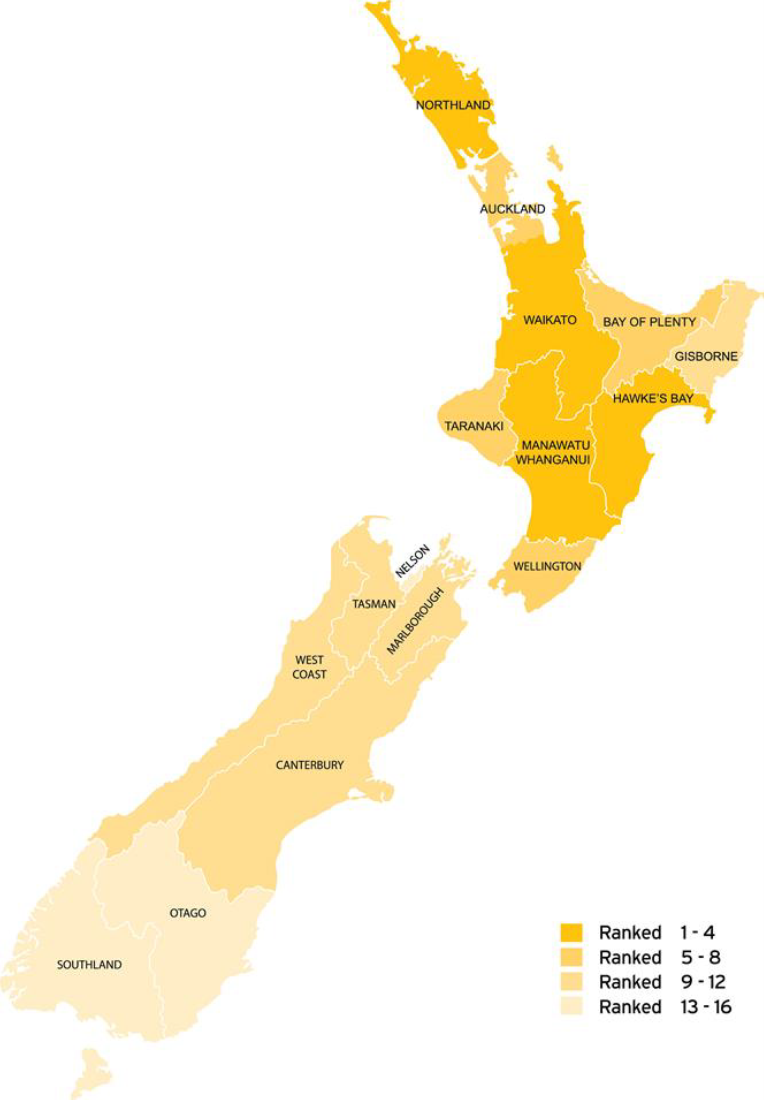Critical for airlines globally to support net-zero emissions
Te Whanganui-a-Tara - As air travel picks up, it is critical the aviation industry supports the net-zero carbon dioxide transition.
Sustainable aviation fuel (SAF), made from biogenic feedstocks such as waste cooking oil, agricultural residues and municipal waste, will play a key role.
The World Economic Forum has created a new certificate system to enable customers to take ownership of their emissions reduction goals.
The covid pandemic has caused a drastic reduction in air travel, leaving many airlines facing an uncertain future.
Air New Zealand says it wants to take ambitious action on climate change by putting greater focus on leading and advocating for action on decarbonisation with the goal of achieving net zero emissions by 2050.
Air transport is essential to New Zealand's trade, exports, investment and tourism industries and plays a critical role connecting our people to the world, and the world to us.
It might be tempting to assume that once air travel resumes, it would be business as usual as the airline industry focuses on a return to profitability over commitments to achieve net-zero emissions .
At pre-pandemic levels, aviation was responsible for two to three percent of overall global emissions, and current forecasts from the International Air Transport Association (IATA) anticipate significant growth in air travel throughout the 2020s, even with covid.
In addition, as the world looks to build back better, a growing proportion of airline passengers will be millennials who are likely to book with sustainable brands with which their values align.
To drive a sustainable, long-term recovery in the aviation industry, facilitating the transition to net-zero flying by the middle of this century remains a priority across aviation’s value chain.
Achieving net-zero CO2 emissions by 2050 will not only help create an environmentally sustainable future but also ensure a financially resilient and competitive aviation industry as a whole.
The use of sustainable aviation fuel (SAF) will play an indispensable part in achieving this transition.
These new fuels include fuel from biogenic feedstocks such as waste cooking oil, agricultural residues and municipal waste, or through next generation SAF technologies such as power-to-liquid from recycled CO2 and carbon-capture technologies.
SAF is especially relevant for addressing carbon emissions from long-haul flights and has the distinct financial advantage of not requiring any major new equipment or infrastructure investment, since it can be blended with conventional jet fuel.
Given the long lead time for new propulsion technologies like hydrogen and electric to come to market, SAF is a way to make substantial progress on net zero immediately, for both long and short haul aviation.
International aviation and shipping are unique in that they were excluded from national carbon budgets under the Paris Agreement. Instead, Parties were requested to work through the international regulators to reduce emissions from these sectors.
The aviation the industry was already aligned around environmental targets, before covid. These targets include achieving carbon-neutral growth from 2020 and by 2050 to have halved carbon emissions from aviation against 2005 levels.















Lisa was born in Auckland at the start of the 1970s, living in a small campsite community on the North Shore called Browns Bay. She spent a significant part of her life with her grandparents, often hanging out at the beaches. Lisa has many happy memories from those days at Browns Bay beach, where fish were plentiful on the point and the ocean was rich in seaweed. She played in the water for hours, going home totally “sun-kissed.” “An adorable time to grow up,” Lisa tells me.
Lisa enjoyed many sports; she was a keen tennis player and netballer, playing in the top teams for her age right up until the family moved to Wellington. Lisa was fifteen years old, which unfortunately marked the end of her sporting career. Local teams were well established in Wellington, and her attention was drawn elsewhere.